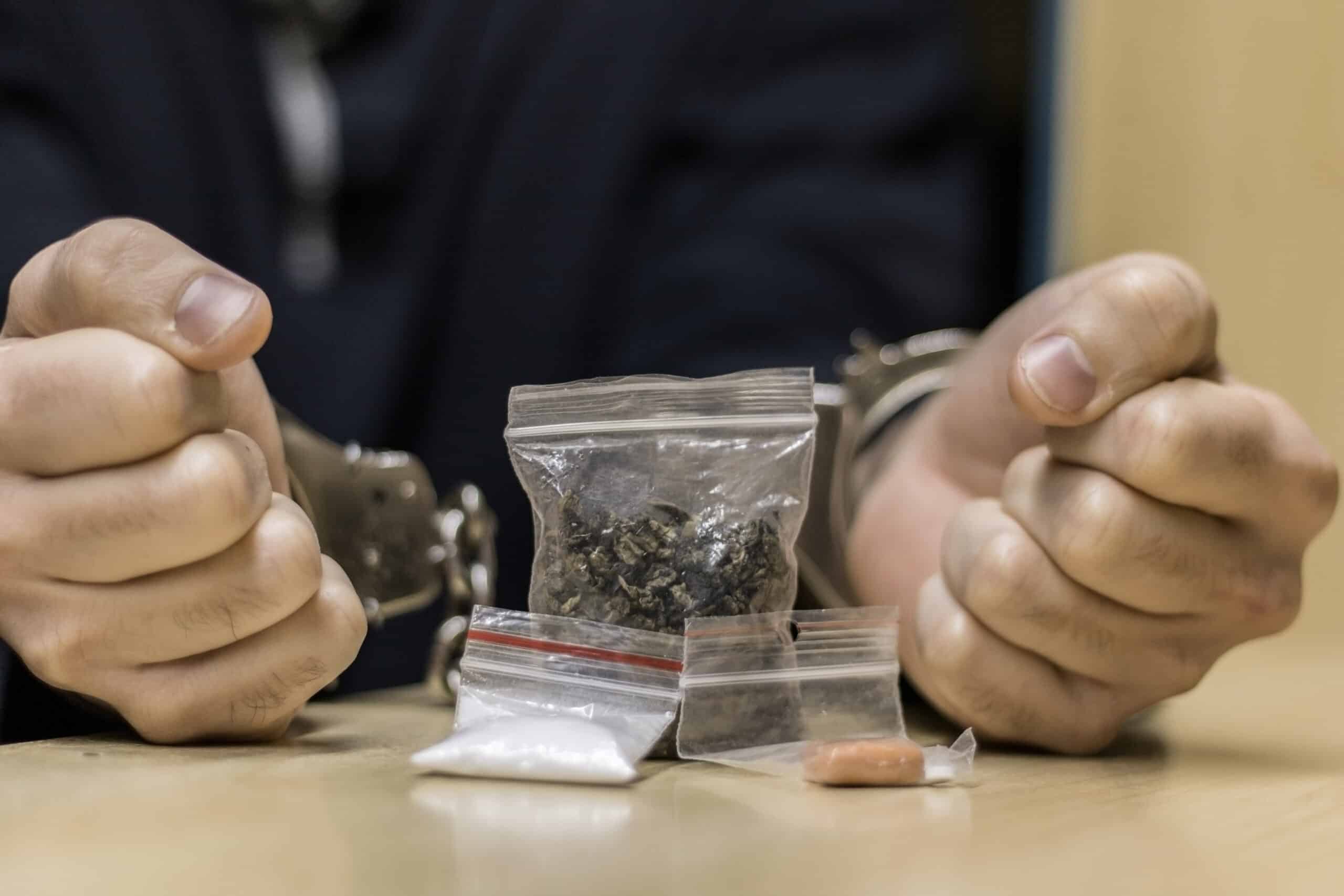Drug-related offenses are a serious concern in North Carolina, as in many other states. When it comes to drug crimes, two common charges individuals may face are drug trafficking and drug possession.
These charges have distinct differences and can result in severe legal consequences. In this blog, we will delve into the distinctions between drug trafficking and possession in North Carolina and explore the potential consequences of each offense.
Drug Trafficking
Drug trafficking, also known as drug distribution, involves the illicit sale, transportation, import, manufacture, or delivery of controlled substances. In North Carolina, as in most states, the severity of the charges and penalties depends on various factors, including the type and quantity of drugs involved. Here are some key aspects of drug trafficking:
Type and Quantity of Drugs: The specific drugs involved in a trafficking offense can greatly influence the charges. North Carolina classifies controlled substances into different schedules, with Schedule I drugs being the most severe, such as heroin and cocaine. The quantity of drugs is another crucial factor; larger quantities usually lead to more severe penalties.
Penalties: North Carolina imposes harsh penalties for drug trafficking. Convictions may result in mandatory minimum sentences, which can range from three years to life in prison, depending on the factors mentioned above. Fines can be substantial, ranging from thousands to millions of dollars. The severity of penalties underscores the state’s determination to combat drug trafficking.
Aggravating Factors: Certain circumstances can escalate the charges and penalties associated with drug trafficking. Factors like selling drugs near a school, using a minor in drug trafficking, or having prior drug convictions can lead to even more severe consequences.
Federal vs. State Charges: In some cases, drug trafficking may lead to federal charges, which typically result in more substantial penalties. This can occur if the trafficking operation crosses state lines or involves a large-scale distribution network.
Drug Possession
Drug possession refers to the unlawful ownership or control of a controlled substance. Unlike drug trafficking, possession charges typically involve individuals who are found with drugs for personal use. Here’s what you need to know about drug possession in North Carolina:
Simple Possession vs. Possession with Intent: Simple possession charges involve having a small amount of drugs for personal use. Possession with intent to sell or deliver is a more serious charge, as it implies an intent to distribute the drugs.
Penalties: Penalties for drug possession in North Carolina vary based on factors like the type and quantity of drugs, prior convictions, and other circumstances. Simple possession often results in less severe penalties compared to drug trafficking. Consequences can range from probation and drug treatment programs to short jail sentences.
Treatment Programs: North Carolina offers various diversion programs, such as drug court, which provide an opportunity for individuals charged with drug possession to seek treatment and rehabilitation instead of serving jail time. Completion of such programs can lead to reduced or dismissed charges.
Reduced Sentences: In some cases, individuals charged with possession may be eligible for reduced sentences or expungement of their records upon successful completion of probation and other requirements. It helps to seek legal counsel if you’re ever accused to help fight for reduced sentencing.
Distinguishing Factors
To avoid confusion between drug trafficking and possession charges, it is essential to consider the following factors:
Quantity: Drug trafficking typically involves larger quantities of drugs, while possession usually pertains to smaller amounts for personal use.
Intent: Drug trafficking implies an intent to distribute, while possession implies personal use.
Aggravating Factors: The presence of aggravating factors like prior convictions, firearms, or the involvement of minors can lead to more serious charges and penalties.
Understanding the differences between drug trafficking and possession is crucial for individuals in North Carolina. The consequences of these charges can be life-altering, ranging from short jail sentences to lengthy imprisonment. If you or someone you know is facing drug-related charges, seeking legal counsel is imperative to understand the specific circumstances and potential defense strategies.
North Carolina Drug Trafficking Laws
Drug trafficking and possession are distinct offenses in North Carolina, each with its own set of criteria and penalties. Being informed about these differences can help individuals make informed decisions and navigate the legal system more effectively. Moreover, it underscores the importance of addressing the root causes of drug-related issues and promoting rehabilitation to reduce drug-related crimes in the state.









